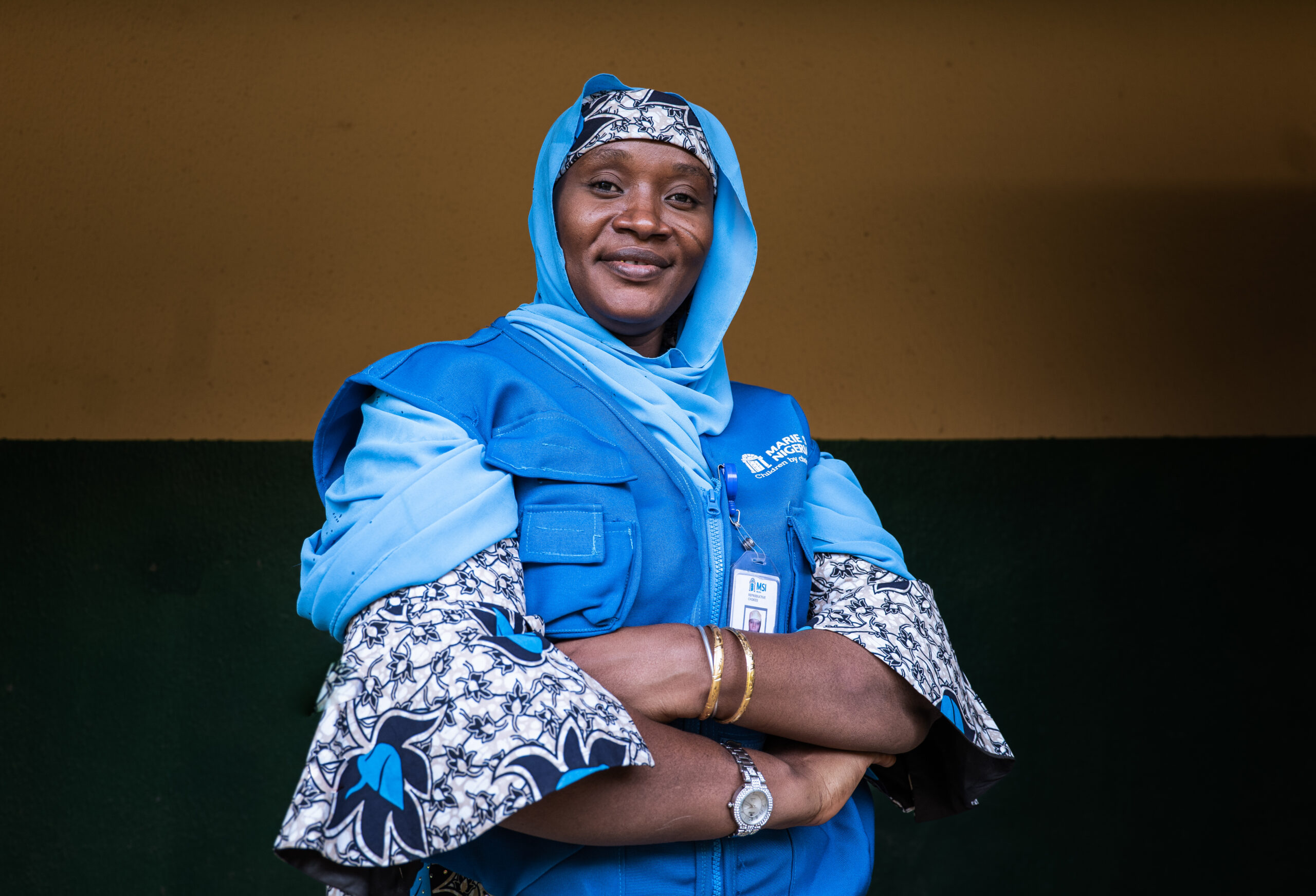Words matter. They hold power, they influence opinions, and they change minds. And nowhere is this truer than in discussions about abortion.
The way the decision to end a pregnancy is framed, the way it is described, and the exact words and phrases used to refer to it can greatly influence views and behaviours.
In this episode of Curious Minds – Marie Stopes International’s new podcast looking at the bigger issues surrounding and influencing sexual and reproductive health and rights – we’ll be talking about why language is so important in framing the debate around abortion, and how both the pro-choice and anti-choice movements have selected very particular words and phrases to underpin and amplify their positions.
We’ll also be talking about the challenges media organisations face when reporting on abortion, and how the use of language can have devastating effects on the lives of women and pregnant people around the world.
Joining Marie Stopes International’s Communications Director, Katie Thompson, is Jessica Glenza, US Health Reporter at the Guardian, and Marek Pruszewicz, Communications Director at the International Planned Parenthood Federation.
This episode was produced by Skye Redman, Liz Walden and Mairead Power.
Shownotes:
- Press release: BBC refuses to stop using medically inaccurate and biased language on abortion
- Why the Guardian is changing the language it uses to describe abortion bans
- Why the mainstream media need to put women – and not anti-choice rhetoric – at the centre of abortion reporting; Katie Thompson
- Reporter, you’re partial in a ‘heartbeat’; Marek Pruszewicz
- A brief history of a marketing masterpiece: branding the anti-abortion movement ‘pro-life’; Annalisa Merelli








